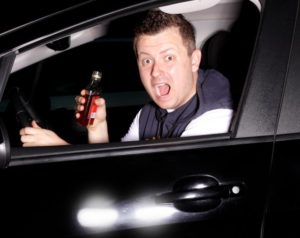
A local task force is asking lawmakers to strengthen Minnesota’s current DUI laws in hopes of curbing drunken driving throughout the state.
With the first legislative session of the new year less than a week away, the task force is pushing for numerous changes to current DUI statutes. Some of the proposed ideas include:
- Seizing license plates of all DUI offenders, including first-time offenders.
- Lowering the BAC level required to impose stronger criminal penalties. Currently, the threshold is typically 0.16 percent, or twice the legal driving limit.
- Creating stronger incentives for offenders to install ignition interlock devices, which reduce a drunk drivers likelihood of reoffending.
A state DWI task force is proposing tougher penalties for Minnesota’s drunken drivers with hopes that they will encourage more offenders to install ignition interlock devices before getting back behind the wheel. Studies have shown recidivism rates are lower for offenders who have the ignition interlock devices installed in their vehicles compared to simply having their license suspended.
“[They’re] just good science,” said Robert Speeter, a member of the task force. “You do what’s effective, and it’s more effective to let people live their lives safely, keep their jobs, drive to work, go to AA meetings, take the kids to soccer and do all the things that are positive.”
Despite their effectiveness, ignition interlock devices have yet to be widely embraced throughout the state. Since 2011, about 14,000 Minnesotans have had the device installed after a DUI conviction. During that same period, 60,000 Minnesotans have opted to only have their licenses suspended.
Interlock Issues
One of the main reasons offenders don’t opt for the ignition interlock devices is because they can get expensive. The devices cost about $100 to install, and monthly fees typically range between $100-$200. If an offender needs to have a device for six months, that can get expensive quick. Task Force Chair Dave Bernstein said he knows mandatory devices for all offenders is impractical, as some don’t have cars, while others can’t afford the device.
“We want to be realistic and hope this bill passes to encourage ignition interlock for more drivers as one successful way of reducing drunk driving,” Bernstein said.
The bill Bernstein references calls for plate impoundment for all drunk driving offenders, not just those above 0.16, and the return of the plates would be conditional on the offender installing an ignition interlock device.
Related source: Star-Tribune





